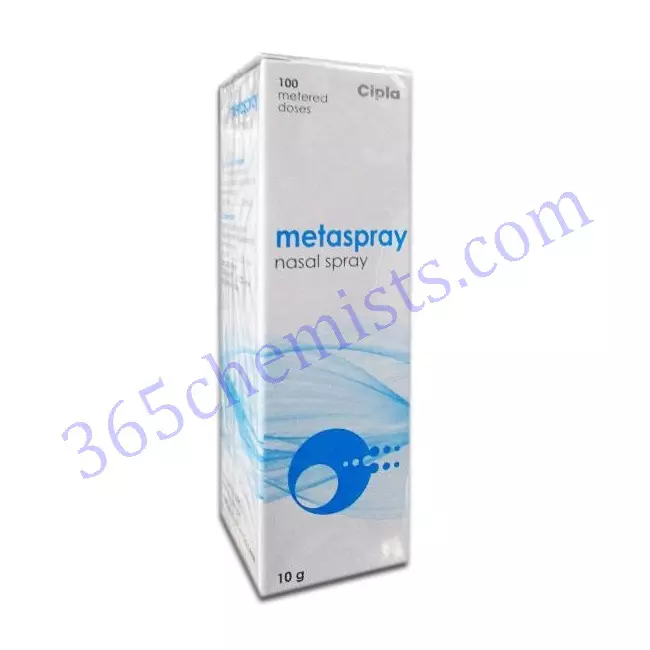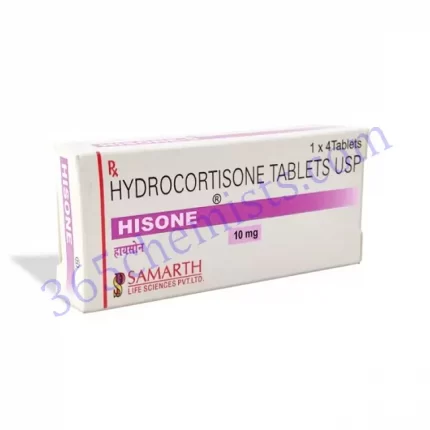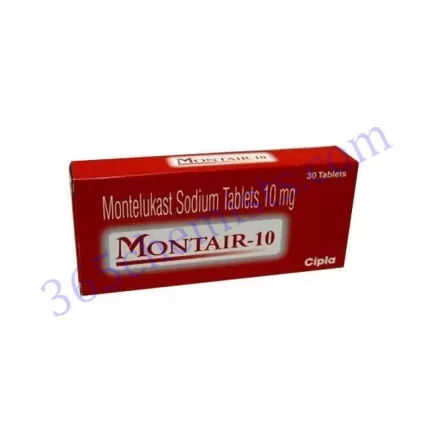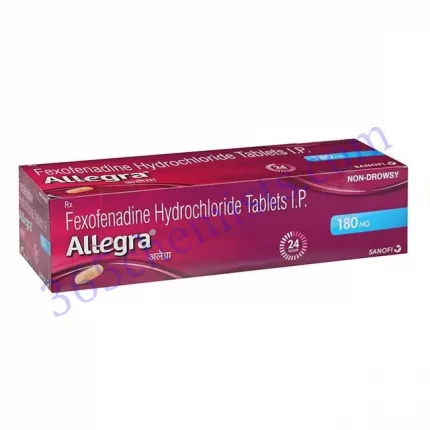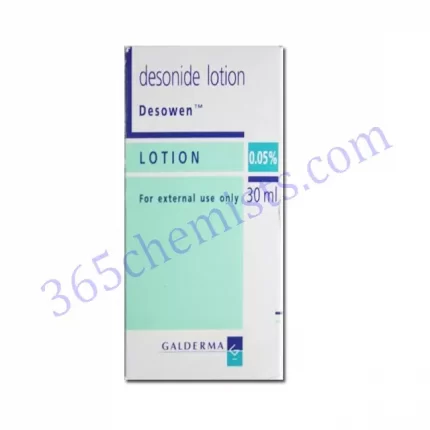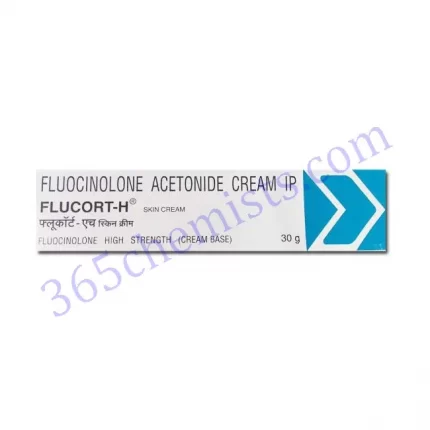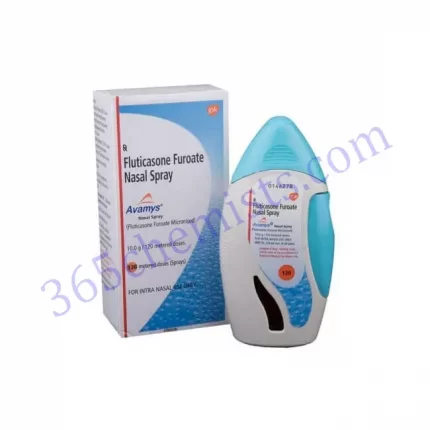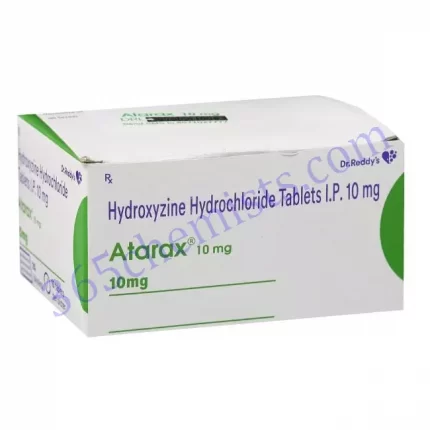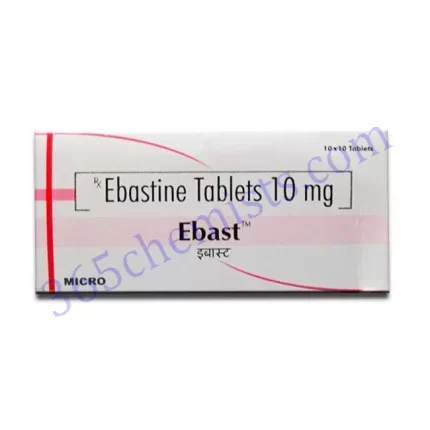INTRODUCTION
METASPRAY contains a medicine called mometasone which belongs to a group of medicines called antiallergic agents. It is used in the prevention and treatment of nasal symptoms of allergic rhinitis such as nasal congestion, irritation and itching in adults and in children aged 2 years and above. It can also be used to treat nasal polyps in adults. Mometasone inhibits the expression of proinflammatory genes and decreases the production of inflammatory mediators associated with the allergic response. It is a corticosteroid which has an anti-inflammatory action, reducing swelling and irritation which causes sneezing, itching and a blocked or runny nose.
Along with this treatment, try not to garden or farm often if you have problems with mold. Keep away from your pets. Don’t rake, mow, or blow leaves, flowers or pollens. Avoid outdoor activities when allergen level is high. Close windows and stay indoors when pollen counts are high. The most common side effect of taking this medicine are headache, sneezing and nose bleeds. Before taking this medicine, inform your doctor if you have nasal problems, eye disease, infections or cystic fibrosis. Contact your doctor before taking this medicine, if you are pregnant or breast-feeding.
USES OF METASPRAY
Prevents and treats allergic rhinitis in adults and children 2 years of age and above
Treats nasal polyps in adults
HOW METASPRAY WORKS
Mometasone has anti-inflammatory, antipruritic and vasoconstrictive properties. It diffuses across the cell membrane and binds to glucocorticoid receptors, which facilitates the movement of receptor into the nucleus. Once inside the nucleus, receptors dimerize and binds to a DNA sequence known as glucocorticoid response element, which inhibits the expression of proinflammatory genes such as interleukin-4 and 5 and nuclear factor-kappa-B, which significantly reduces the allergic response. Additionally, it decreases the production mediators like histamine, eicosanoids, leukotrienes and cytokines which relives from sneezing, itching and a blocked or runny nose.
DIRECTIONS FOR USE
Always use this medicine as directed by your physician. It is for intranasal use only. Initially, prime your nasal spray by pumping the spray 10 times until a fine mist is produced. Gently shake the bottle. Place your finger on one of the nostrils and put the nozzle in your other nostril. Tilt your head forward and press the spray. Breath out through your mouth. Repeat the same steps for the other nostril if required. Once after using, wipe the nozzle with a clean tissue and replace the dust cap. Your doctor will decide the correct dose for you depending upon your condition. Continue to take this medicine, as long as your doctor tells you to do so, to obtain better results.
SIDE EFFECTS OF METASPRAY
SERIOUS
Severe allergic reactions such as swollen face, tongue or pharynx, difficulty in swallowing, itching, wheezing
COMMON
Headache
Sneezing
Nose bleeds
Sore nose or throat
Respiratory tract infection
HOW TO MANAGE SIDE EFFECTS
Headache:
Apply hot or cold-water bag on your head. Take rest in a quiet and dark room. Drink tea or coffee.
Sneezing:
Try not to garden or farm often if you have problems with mold. Keep away from your pets. Don’t rake, mow, or blow leaves, flowers or pollens. Avoid outdoor activities when allergen level is high. Close windows and stay indoors when pollen counts are high. If symptoms persist, contact your doctor.
WARNING & PRECAUTIONS
PREGNANCY
METASPRAY should be used with caution in pregnant women. Consult your doctor before taking this medicine.
BREASTFEEDING
METASPRAY should be used with caution in breastfeeding women. Consult your doctor before taking this medicine.
ALLERGY
Do not use this medicine if you are allergic (hypersensitive) to mometasone.
OTHERS
Before taking this medicine, inform your doctor if you:
Have nasal problems (nasal infection, nasal sores, nasal surgery or nasal injury), eye disease (glaucoma), infections (tuberculosis, chickenpox or measles) or cystic fibrosis
INTERACTIONS
Talk to your doctor, if you are taking,
Other corticosteroid medicine by mouth or injection (e.g. dexamethasone)

